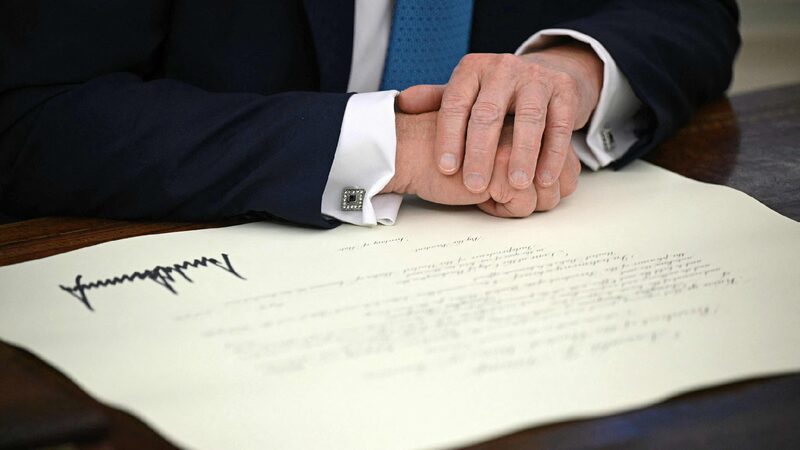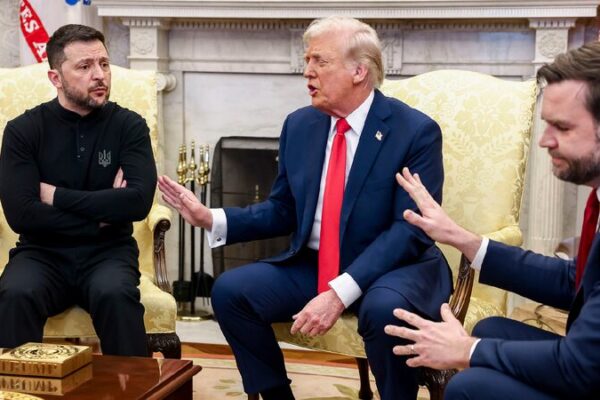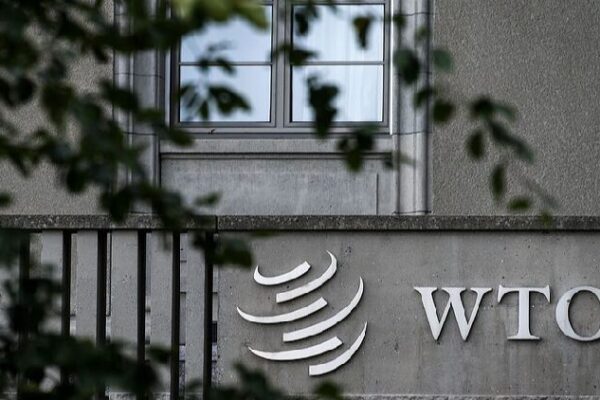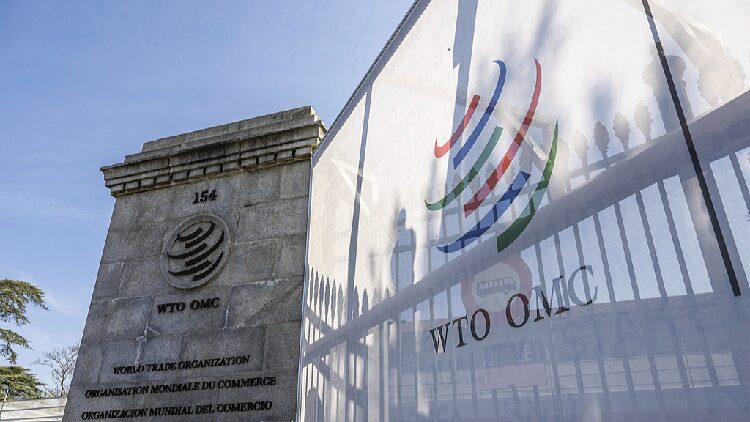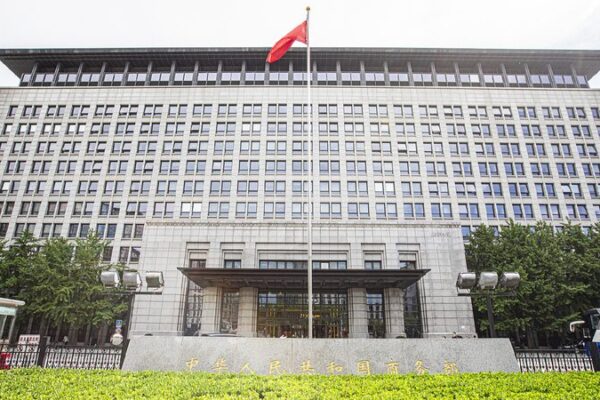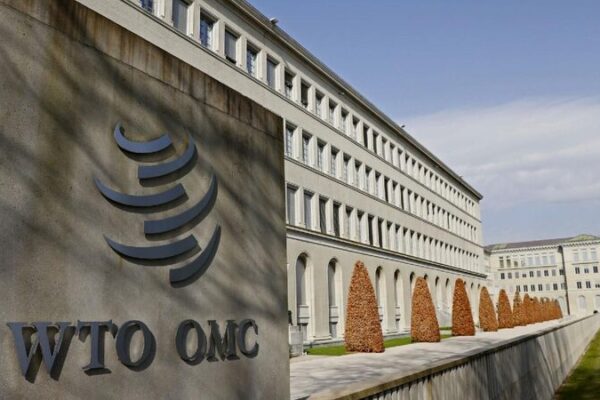Less than two weeks into office, the new U.S. government has ignited international concern with its “America First” trade policies, wielding tariffs against several countries. A series of global surveys reveal that young people around the world fear these moves could hinder the already sluggish recovery of the global economy.
According to polls conducted by CGTN, a staggering 90% of respondents criticized the U.S. government’s protectionist trade measures as a serious violation of World Trade Organization (WTO) rules. Additionally, over 92% believe that such economic coercion undermines global market stability and could have long-term negative impacts on economic recovery.
The surveys, which included 14,071 participants from 38 countries—both developed and developing—highlight widespread apprehension. Respondents from nations like the United States, the United Kingdom, India, South Africa, and Brazil shared concerns that the U.S. tariffs will ultimately backfire, affecting American consumers and straining relationships with traditional allies.
Moody’s estimates indicate that 92% of the cost of the U.S. tariff increase on China is borne by U.S. consumers, with households spending an additional $1,300 annually due to tariffs. Reflecting this, 61% of global respondents feel that U.S. tariff policies will have a profound negative impact on their own lives.
There is also a growing fear of a potential global trade war. More than half of European respondents believe that U.S. trade barriers will severely affect the global economy. Furthermore, 67% of global participants think that the “America First” stance may leave traditional allies feeling ignored and isolated, potentially weakening the U.S.’s leadership role in the international community.
As countries contemplate countermeasures, the international community watches closely, hoping for policies that promote collaboration rather than division. The voices of young people worldwide underscore a desire for economic strategies that consider global well-being, not just national interests.
Reference(s):
U.S. uses 'tariff stick' again, respondents fear worsening economy
cgtn.com
